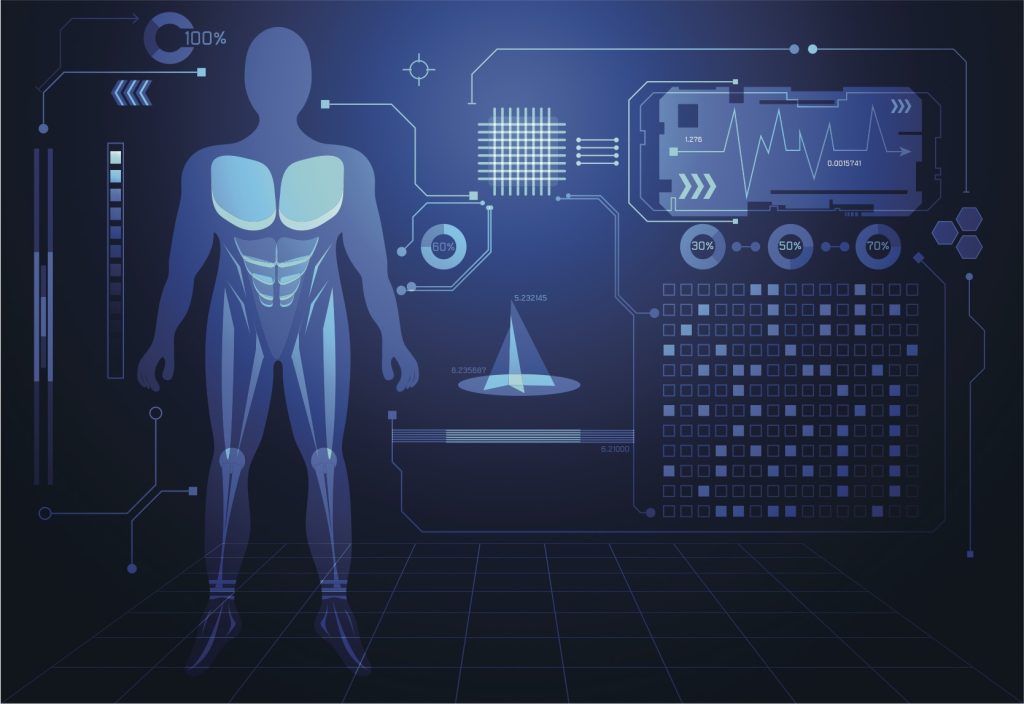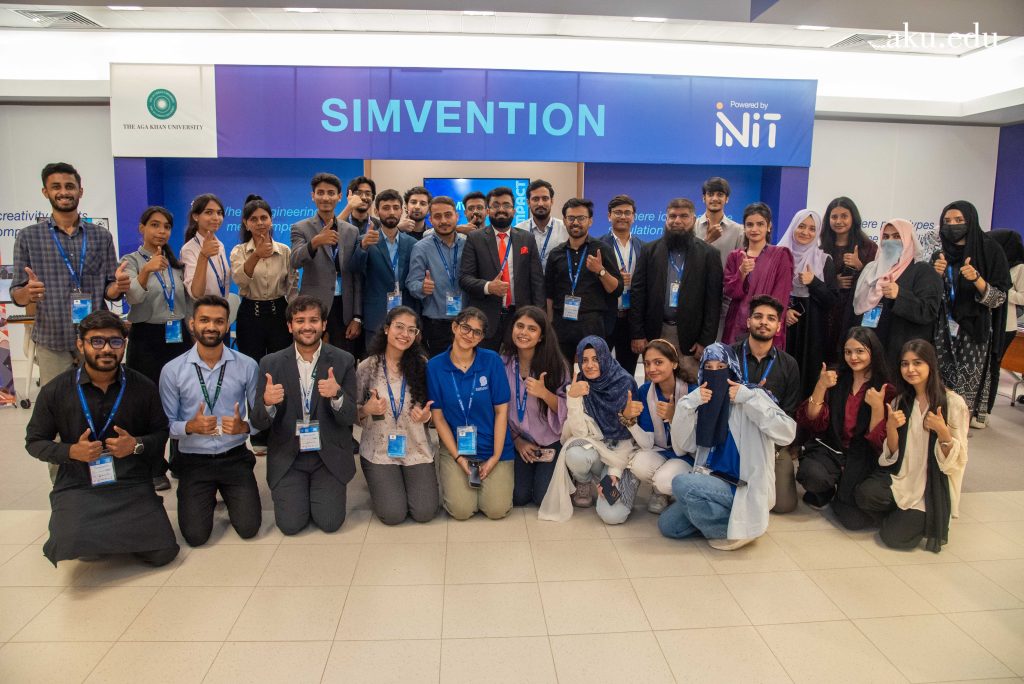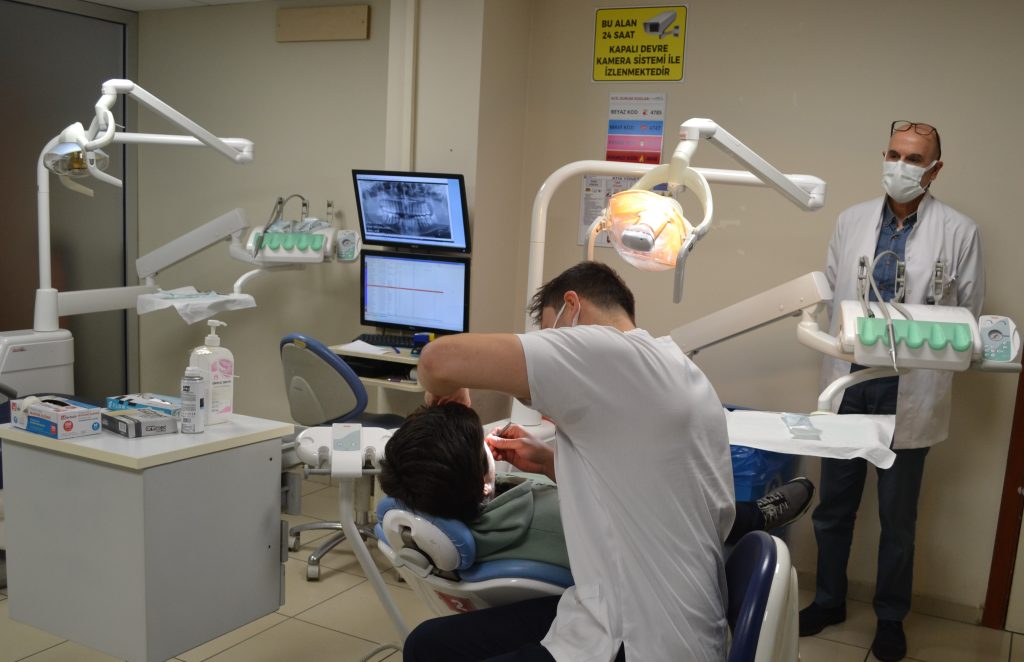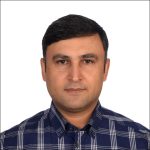Artificial intelligence (AI) is rapidly changing healthcare simulation. Once limited to static manikins and scripted scenarios, simulation is now evolving into an adaptive, data-driven learning environment, one where AI can generate realistic clinical cases, portray intelligent virtual patients, and even assist with debriefing and performance feedback.
The new Quick Insights, Artificial Intelligence in Healthcare Simulation Practice, authored by Scott Crawford, Youness Zidoun, and Federico Lorenzo Barra, explores how AI is changing the simulation based practice. Drawing from recent research and emerging use cases, the authors examine both the promise and the pitfalls of integrating AI into simulation-based learning.
In a simple, smart, and intuitive way, the authors map the AI applications across the entire simulation workflow, from scenario design to debriefing. Six domains are examined in depth: case creation, avatar portrayal, document generation, intelligent manikins, automated assessment, and AI-assisted debriefing. Through detailed case studies and references to emerging technologies, the authors show how AI can transform simulation into a more personalized, efficient, and scalable learning environment, provided that human educators remain in command.
Ethical and policy considerations take center stage, with the authors urging institutions to develop clear frameworks that safeguard privacy, fairness, and academic integrity. By aligning AI use with established standards such as INACSL and ASPiH, simulationists can ensure innovation strengthens, rather than undermines, educational quality.
The booklet emphasizes a crucial balance: AI must remain a supportive partner, a sort of co-pilot to the educator, rather than an autopilot replacing human insight and empathy. Ultimately, the authors’ message is clear: AI should enhance, not replace, the educator. When guided by human values, AI becomes a powerful ally, scaling access, enriching reflection, and improving patient safety through better training. The future of healthcare simulation lies in this collaboration between human expertise and artificial intelligence.
THE AUTHORS

Dr. Scott Crawford
Dr. Scott Crawford is a Professor of Emergency Medicine at Texas Tech University Health Sciences Center El Paso, where he serves as Executive Director of the Training and Educational Center for Healthcare Simulation (TECHS). A board member of SimGHOSTS, he contributes to advancing simulation technology and operations worldwide. Dr. Crawford is Editor of Comprehensive Healthcare Simulation: Operations, Technology, and Innovative Practice and was named a Fellow of the Society for Simulation in Healthcare in 2021. He completed his emergency medicine residency and served as Chief Resident of Research and Technology at TTUHSC El Paso. Dr. Crawford earned his M.D. from Rush University in Chicago and a B.A. in physics from The Colorado College.

Dr. Youness Zidoun
Dr. Youness Zidoun is Director of the Clinical Simulation Center at Dubai Medical University. He has led simulation centers in the UAE and Morocco, focusing on operations, accreditation, and faculty development. With a PhD in Computer Science and a background in digital health, his work centers on mobile learning, artificial intelligence, gamification, and immersive technologies in healthcare education. Dr. Zidoun has published widely and presented internationally, and he holds certifications in project management, healthcare simulation, and higher education.

Dr. Federico Lorenzo Barra
Dr. Federico Lorenzo Barra is an Attending Physician in Anesthesia and Intensive Care Medicine at Azienda Ospedaliero-Universitaria “Maggiore della Carità” in Novara, Italy, and a member of SIMNOVA at the University of Piemonte Orientale. His research focuses on healthcare simulation and the integration of artificial intelligence in medical education. Dr. Barra has contributed to AI-driven simulation workflow development, explored ChatGPT applications for training, and published in Advances in Simulat and Resuscitation. He is actively involved in promoting innovation in simulation-based education through SIMMED and SESAM.
READ ALSO












































